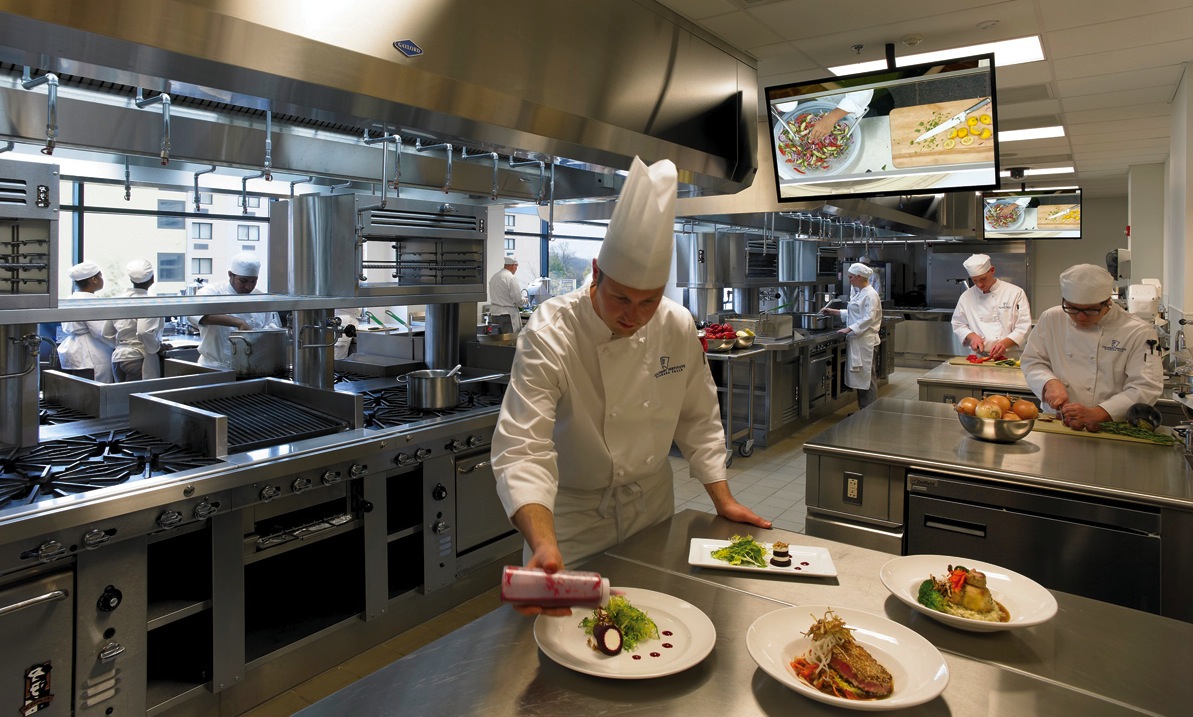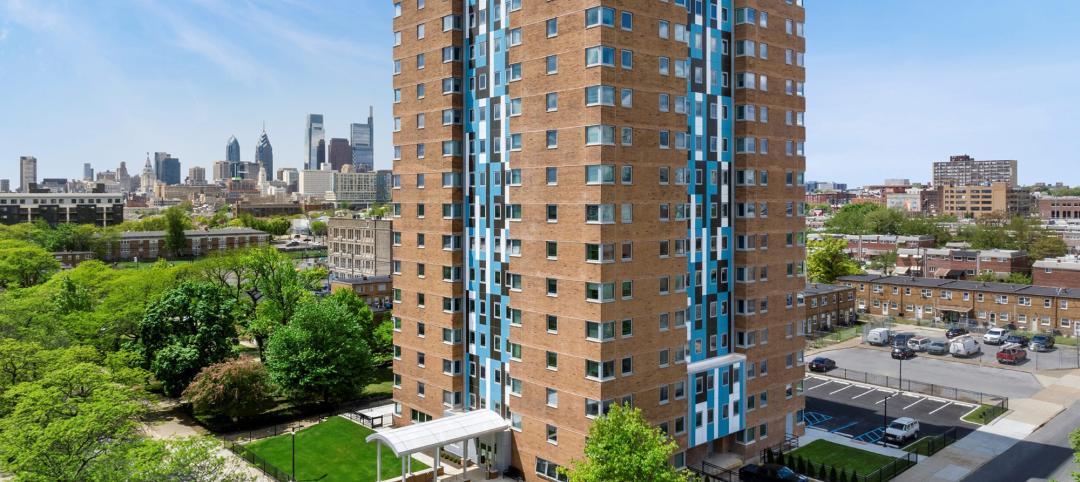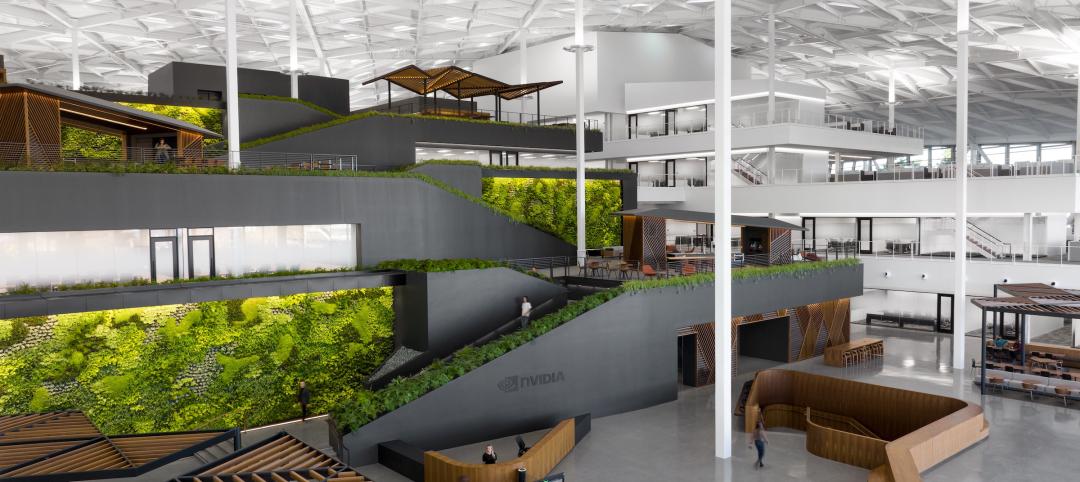With capital budgets strained, renovation may be an increasingly attractive money-saving option for many college and universities.
Deciding whether renovation is more cost effective than new construction comes down to a few key questions:
• Can the existing structure support the program?
• Is the structure still sound?
• Is hazardous materials abatement needed?
• Will current occupants have to be relocated during construction? If so, what are the options?
Tom Chung, AIA, LEED BD+C, says it is worth spending extra time to do a thorough investigation of structural issues and infrastructure. “University officials understand this if they have been burned on a previous rehab project,” says Chung, a Principal with Leers Weinzapfel Associates Architects.
Unanticipated asbestos abatement can be a budget buster. Occupant relocation costs can be onerous if the college has to rent an off-campus facility. “You could spend $1 million or more to relocate for two years of construction time,” he says.
Niagara County Community College ran into an asbestos abatement problem in renovating the Rainbow Centre Mall in downtown Niagara Falls, N.Y. Originally constructed in the 1970s as a parking garage, the property fell into disuse and was donated to the college. The structure was a mess, says Peter C. McCarthy, LEED AP, Project Designer with CannonDesign. “It was leaking badly and had mold,” he says.
But the precast concrete structural components were still sound, and the design firm was able to devise plumbing and HVAC systems to fit the structural bones so that only minimal structural alterations were needed. A total gut rehab turned the building into the Niagara Falls Culinary Institute, which has since become a hot downtown destination for foodies, with two restaurants, a pastry shop, a wine shop, and a food-themed bookstore.
If all else fails, try turning to targeted grants. Niagara County CC used a $270,000 New York State Energy Research and Development Authority incentive grant to offset the cost of energy-efficiency measures, notably variable-speed kitchen exhaust hoods controlled by smoke sensors. In 2013, the school saved $38,000 in energy costs from its above-code systems and features.
The lesson: Building Teams would do well to help their college and university clients find grants and incentive programs to achieve best value on energy efficiency.
Learn more about higher education development trends in BD+C's Special Report, “How your firm can help struggling colleges and universities meet their building project goals.”
Related Stories
Affordable Housing | Sep 25, 2023
3 affordable housing projects that serve as social catalysts
Trish Donnally, Associate Principal, Perkins Eastman, shares insights from three transformative affordable housing projects.
Adaptive Reuse | Sep 19, 2023
Transforming shopping malls into 21st century neighborhoods
As we reimagine the antiquated shopping mall, Marc Asnis, AICP, Associate, Perkins&Will, details four first steps to consider.
Giants 400 | Aug 22, 2023
Top 115 Architecture Engineering Firms for 2023
Stantec, HDR, Page, HOK, and Arcadis North America top the rankings of the nation's largest architecture engineering (AE) firms for nonresidential building and multifamily housing work, as reported in Building Design+Construction's 2023 Giants 400 Report.
Giants 400 | Aug 22, 2023
2023 Giants 400 Report: Ranking the nation's largest architecture, engineering, and construction firms
A record 552 AEC firms submitted data for BD+C's 2023 Giants 400 Report. The final report includes 137 rankings across 25 building sectors and specialty categories.
Giants 400 | Aug 22, 2023
Top 175 Architecture Firms for 2023
Gensler, HKS, Perkins&Will, Corgan, and Perkins Eastman top the rankings of the nation's largest architecture firms for nonresidential building and multifamily housing work, as reported in Building Design+Construction's 2023 Giants 400 Report.
Higher Education | Aug 22, 2023
How boldly uniting divergent disciplines boosts students’ career viability
CannonDesign's Charles Smith and Patricia Bou argue that spaces designed for interdisciplinary learning will help fuel a strong, resilient generation of students in an ever-changing economy.
Adaptive Reuse | Aug 17, 2023
How to design for adaptive reuse: Don’t reinvent the wheel
Gresham Smith demonstrates the opportunities of adaptive reuse, specifically reusing empty big-box retail and malls, many of which sit unused or underutilized across the country.
Higher Education | Aug 7, 2023
Building a better academic workplace
Gensler's David Craig and Melany Park show how agile, efficient workplaces bring university faculty and staff closer together while supporting individual needs.
University Buildings | Aug 7, 2023
Eight-story Vancouver Community College building dedicated to clean energy, electric vehicle education
The Centre for Clean Energy and Automotive Innovation, to be designed by Stantec, will house classrooms, labs, a library and learning center, an Indigenous gathering space, administrative offices, and multiple collaborative learning spaces.
Market Data | Aug 1, 2023
Nonresidential construction spending increases slightly in June
National nonresidential construction spending increased 0.1% in June, according to an Associated Builders and Contractors analysis of data published today by the U.S. Census Bureau. Spending is up 18% over the past 12 months. On a seasonally adjusted annualized basis, nonresidential spending totaled $1.07 trillion in June.

















